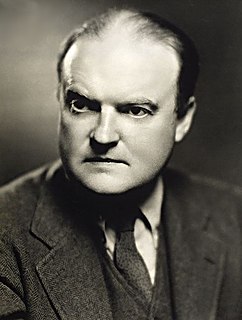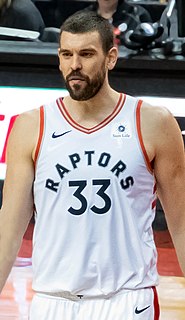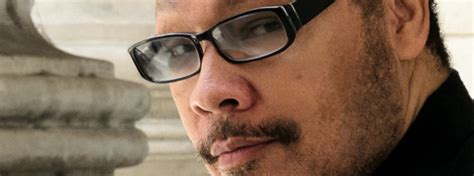A Quote by Warren Buffett
I don't read economic forecasts. I don't read the funny papers.
Related Quotes
Unfortunately, there is something of a flaw in this idealized picture of the way the scientific community discovers truth. And the flaw is that most scientific work never gets noticed. Study after study has shown that most scientific papers are read by almost no one, while a small number of papers are read by many people.


































